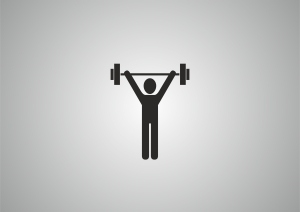 Even though it’s not summertime, it’s important to be checking your skin. Yosef Meystel has found that in a recent study done by American Academy of Dermatology, it was found that older men have an increased risk of developing melanoma. But most older men are careless about skin protection and they do not know how to properly check themselves for signs of skin cancer.
Even though it’s not summertime, it’s important to be checking your skin. Yosef Meystel has found that in a recent study done by American Academy of Dermatology, it was found that older men have an increased risk of developing melanoma. But most older men are careless about skin protection and they do not know how to properly check themselves for signs of skin cancer.
The American Academy of Dermatology is concerned about this because nearly 132,000 new cases of melanoma will be diagnosed in 2012. In an online poll, it was found that most men do not protect themselves from the outdoor sun (which is still relevant in the winter time) whereas women knew how to and followed through. It was also found that majority of men knew that they should be checking their skin for signs of melanoma but did not.
“Men need to examine their skin and see a dermatologist if they spot anything changing, bleeding or growing,” said dermatologist Dr. Thomas Rohrer, a clinical associate professor of dermatology at Brown University School of Medicine. The study noted that the five-year survival rate for people who had the melanoma diagnosed and treated early before it spread to the lymph nodes is at 98%.
Yosef Meystel knows that it’s important for everyone to wear sunscreen on the face, ears and lips year round, to wear hats or sun-reflective clothing in the summertime, to regularly check skin for any growth in moles, new ones, and to regularly visit a dermatologist.

